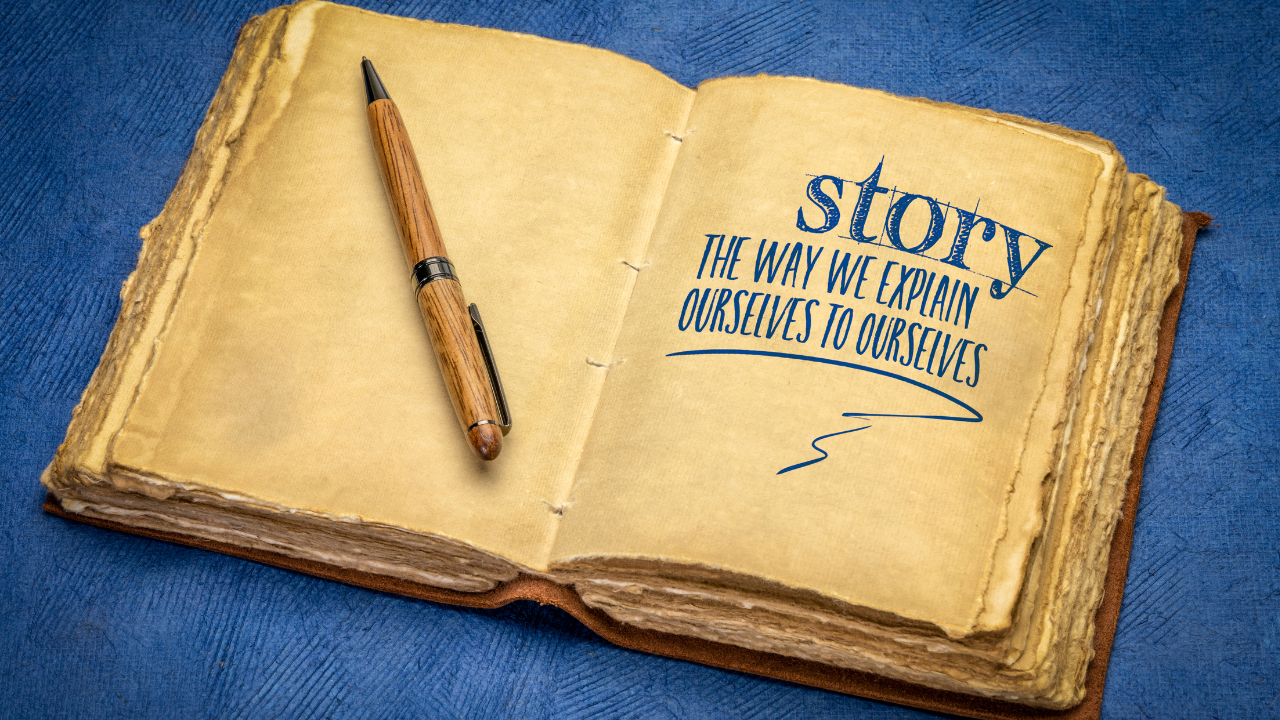The Stories We Inherit: Unlearning Generational Conditioning in Leadership

By Carolina Caro
We don’t just work with people of different ages, we work with the stories we’ve inherited about people of different ages.
From jokes about “lazy millennials” to assumptions that Boomers are resistant to change, generational stereotypes have quietly embedded themselves into the walls of our organizations. And while it’s tempting to laugh them off, these narratives have power. They shape how we lead, collaborate, promote, and invest in our teams – often without realizing it.
Over the past decade, I’ve worked with leaders across California's public sector agencies, educational institutions, and large mission-driven organizations. And I can tell you: these tensions show up everywhere.
But I’m not exempt from them either.
I’ve had to confront my own generational assumptions: reflecting on where they came from, how they were reinforced, and how they may have shaped my expectations as a leader and collaborator. It’s an uncomfortable process at times, but it’s also where meaningful growth begins.
A younger team member is labeled “too ambitious.” An older employee is skipped over for an innovation project because “they probably won’t get it.” These judgments aren’t about skill, they’re about perception. Conditioned perception.
This is generational conditioning at work.
And it’s time we start unlearning it.
What Is Generational Conditioning?
Generational conditioning is the set of beliefs, behaviors, and biases we internalize based on the era we were raised in and the assumptions we’ve absorbed about other age groups.
Sure, there are real patterns: different generations have faced different crises, adapted to different technologies, and grown up in wildly different cultural climates. But we run into trouble when we mistake those patterns for personality traits. Or when we use them as shortcuts to predict how someone will behave at work.
The truth? Two Gen Z employees may have completely different working styles. A Gen X manager and a Boomer director may have more in common than not. Why? Because generational identity isn’t destiny.
Conditioning is personal. It’s shaped by our lived experience, our family system, environment, education, and what we’ve been taught to expect from others.
When we lead through that filter unconsciously, we don’t just reinforce bias; we also miss out on the real strengths of the people in front of us.
The Ladder of Inference: How Our Brains Build These Stories
In my Forbes Coaches Council contribution, I shared a concept that often clicks instantly for senior leaders: the Ladder of Inference.
It’s a mental model that shows how quickly we jump from observation to assumption, often without realizing we’ve done it.
Here’s how it typically plays out:
- We observe: A Gen Z employee pushes back in a meeting.
- We select data: “They don’t respect hierarchy.”
- We assign meaning: “Young people today don’t know how to take direction.”
- We make assumptions: “They’re entitled.”
- We conclude: “They’re not leadership material.”
Now imagine that pattern playing out across your organization: in hiring, promotions, and cross-functional collaboration. It’s not hard to see how entire cultures get stuck in reactive, disconnected leadership loops.
Unlearning the Stories We Inherit
Unlearning is more than just awareness. It’s a conscious act of disruption.
It asks us to slow down and question the assumptions we’ve internalized about what leadership should look like, how communication should happen, and who’s “ready” for the next level.
Unlearning means noticing when our stories are based on stereotype, not substance.
And it invites us to hold multiple truths at once:
- That someone can value autonomy and collaboration.
- That directness isn’t disrespect.
- That asking “why” is a sign of engagement, not defiance.
When we stop leading from inherited stories and start leading from present awareness, we create room for nuance, trust, and genuine collaboration.
That’s not just better leadership. That’s real culture change.
A Call to Reflect AND to Act
Take a moment to ask yourself:
- What stories have I inherited about different generations?
- Which ones might still be shaping my decisions, even unconsciously?
- What could shift if I chose to lead beyond those stories?
This kind of reflection isn’t just a personal exercise. It’s the starting point for organizational transformation.
At Conscious Leadership Partners, we guide executive teams through that very process inside The Great Realignment™, our signature, trademarked program designed to shift leadership habits, rebuild trust, and realign organizations around shared purpose and accountability.
Real leadership doesn’t come from following old stories.
It comes from rewriting them together.
When we start unlearning those stories, we don’t just become better leaders. We become better listeners, better collaborators, and better humans.
And that’s the kind of leadership our organizations are hungry for.
Ready to take your leadership team beyond bias and into alignment?
Stay tuned for part two: From Bias to Breakthrough, where we explore what unlearning looks like in action and the cultural impact it creates.
~~~
Conscious Leadership Partners
We are your culture catalysts, future-proofing organizational culture by reimagining talent development to enhance collaboration, innovation, and growth with the Unlearning Advantage.
🔂 Follow Carolina Caro for more on building trust and sustainable growth.
♻ Repost this to inspire supervisors to unlearn and lead with intention.
Ready to break free from reactive chaos?
Schedule a strategy session to help your leadership team pivot intentionally and strategically.
Stay connected with news and updates!
Join our mailing list to receive the latest news and updates from our team.
